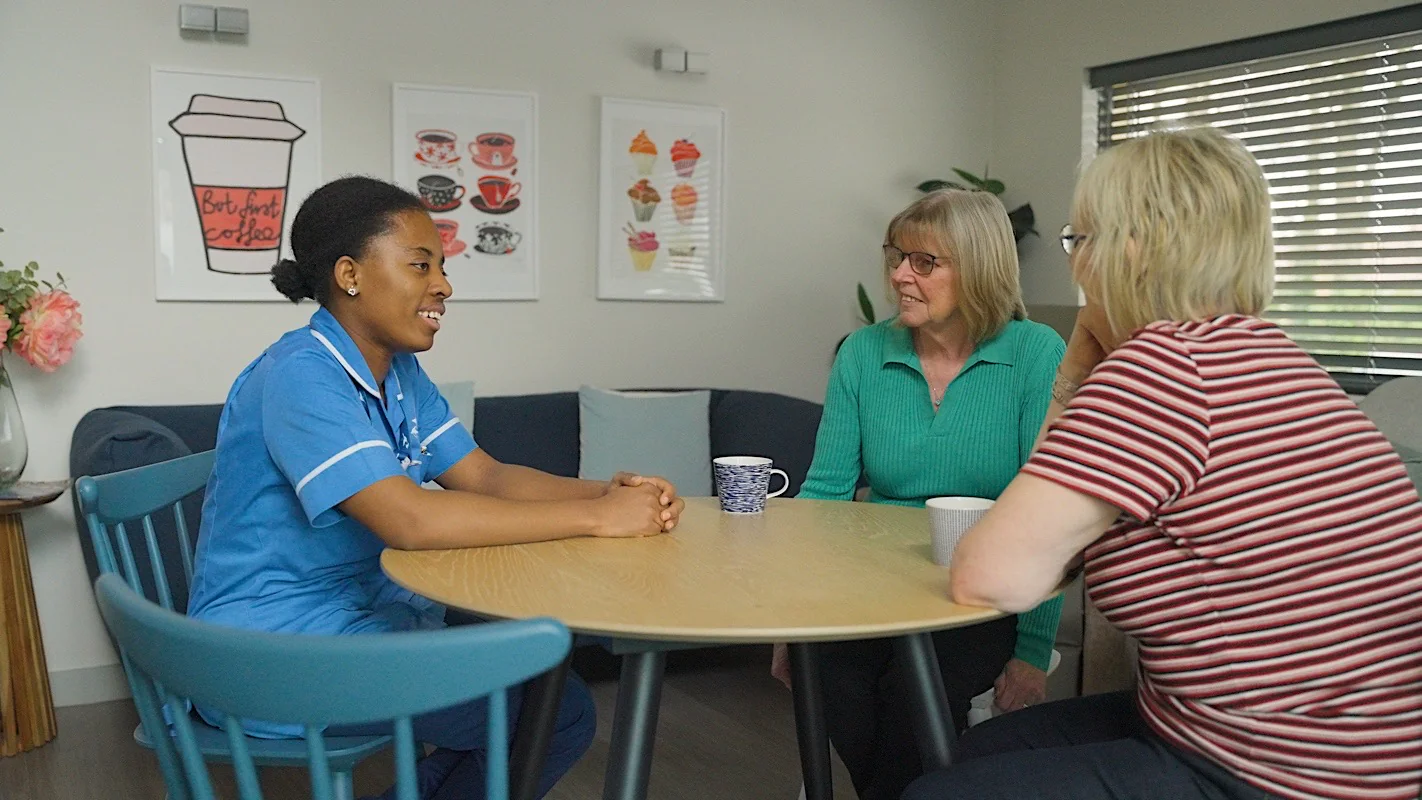3 Minutes

Ethical storytelling is about sharing stories with care, respect, and consent. It’s the difference between telling stories about people and telling stories with them.
Rather than reducing individuals to “case studies” or “success stories,” ethical storytelling ensures contributors feel ownership and agency in how their experience is shared.
At its heart, it’s about prioritising dignity over drama, accuracy over exaggeration, and consent over convenience.
1. It Builds Trust With Donors
Supporters today are more aware — and more sceptical — than ever. Over-sensationalised or “poverty porn” style content can alienate audiences and damage credibility. Ethical storytelling creates deeper trust by showing donors you care about how you work, not just what you achieve.
2. It Protects the People You Serve
The communities non profits support are often vulnerable. Without ethical safeguards, storytelling can risk retraumatising contributors or misrepresenting their experiences. By prioritising safety, consent, and accuracy, non profits protect the very people they exist to serve.
3. It Strengthens Long-Term Impact
Stories told unethically might get quick clicks, but they rarely build lasting support. Ethical storytelling ensures your non profit is seen as credible, values-driven, and trustworthy — vital for partnerships, funding, and reputation.
4. It Reflects Your Values
If your mission is about empowerment, justice, or dignity, your storytelling should reflect that. Ethical storytelling ensures your communications are aligned with your organisation’s purpose and values.
If you’re ready to embed ethical storytelling in your non profit, here are some guiding principles:
1. Create Safeguarding Guidelines: Build clear internal policies around consent, imagery, and representation.
2. Train Your Team: Ensure staff and volunteers understand trauma-informed interviewing and inclusive filming.
3. Prioritise Co-Creation: Run workshops with service users to co-develop storylines and give them input.
4. Audit Your Content: Review past campaigns and ask — would we share this differently now?
5. Use Video Thoughtfully: Video is a powerful tool, but with power comes responsibility. Make sure your films centre real voices and avoid unnecessary polish at the cost of authenticity.
As donors, funders, and communities demand more transparency, ethical storytelling will only grow in importance. non profits that embrace it now will not only create better films and campaigns, but also deeper, more authentic relationships with supporters and the communities they represent.
We want non profits to see ethical storytelling as a mindset, not just a communications strategy. It’s about telling stories with integrity, care, and respect. And when non profits get it right, the results are powerful: more trust, stronger engagement, and storytelling that truly reflects your mission.
For more information about how your non profit can adopt ethical storytelling, subscribe here.
© The Saltways 2025
Website Created by excello.mx